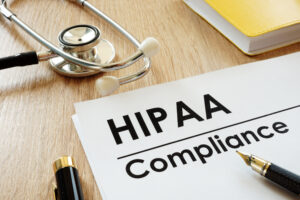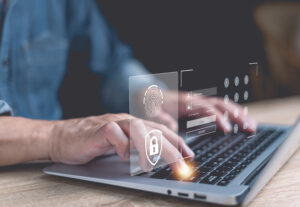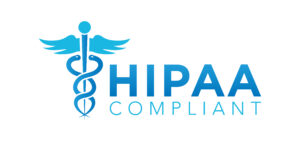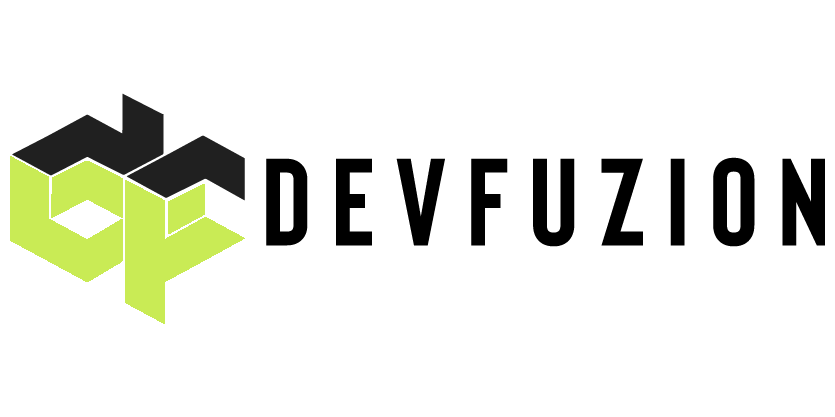In the fast-evolving landscape of healthcare, safeguarding patient information is paramount. With the increasing reliance on digital systems, medical offices face the challenge of ensuring compliance with regulations like the Health Insurance Portability and Accountability Act (HIPAA). One powerful tool that can significantly enhance HIPAA compliance is Security Information and Event Management (SIEM) logging.

Understanding HIPAA Compliance
HIPAA mandates strict guidelines to protect patients’ sensitive health information. Medical offices are entrusted with the responsibility of safeguarding electronic protected health information (ePHI), making compliance a non-negotiable aspect of their operations. Violations not only jeopardize patient trust but also attract severe penalties.

The Role of SIEM Logging
SIEM logging serves as a robust solution for medical offices aiming to fortify their security posture and ensure HIPAA compliance. Here’s how:
- Real-time Threat Detection
SIEM logging enables medical offices to monitor their IT infrastructure in real-time. Any suspicious activities or security incidents are promptly detected, allowing for immediate response. This proactive approach is crucial in identifying and mitigating potential breaches before they escalate.
- Comprehensive Log Management
Medical offices generate vast amounts of logs from various systems, applications, and devices. SIEM solutions aggregate and centralize these logs, providing a comprehensive overview of the entire IT environment. Centralized log management simplifies the auditing process and ensures that nothing falls through the cracks.
- Incident Response and Forensics
In the unfortunate event of a security incident, SIEM logging facilitates swift incident response and forensic analysis. Medical offices can trace the origins of a security breach, understand its impact, and take corrective measures. This not only aids in resolving the immediate issue but also contributes to strengthening security measures for the future.
- User Activity Monitoring
Unauthorized access to ePHI is a significant concern for HIPAA compliance. SIEM logging allows medical offices to monitor user activities, ensuring that only authorized personnel access sensitive information. Any deviations from established norms trigger alerts, enabling a proactive response to potential security threats.
- Reporting and Auditing
HIPAA compliance necessitates regular auditing and reporting. SIEM solutions simplify this process by providing pre-built compliance reports tailored to healthcare regulations. This not only streamlines the audit process but also ensures that medical offices have a comprehensive record of their security measures for regulatory inspections.

Conclusion
In the ever-evolving landscape of healthcare cybersecurity, SIEM logging emerges as a crucial ally for medical offices striving to uphold HIPAA compliance. By providing real-time threat detection, comprehensive log management, incident response capabilities, user activity monitoring, and robust reporting, SIEM solutions empower medical professionals to navigate the digital landscape securely.
Investing in SIEM logging is not just a proactive step towards compliance; it is a commitment to the trust patients place in medical offices to safeguard their sensitive health information. As technology continues to shape the future of healthcare, embracing robust security measures becomes not only a regulatory necessity but a fundamental aspect of responsible patient care.

